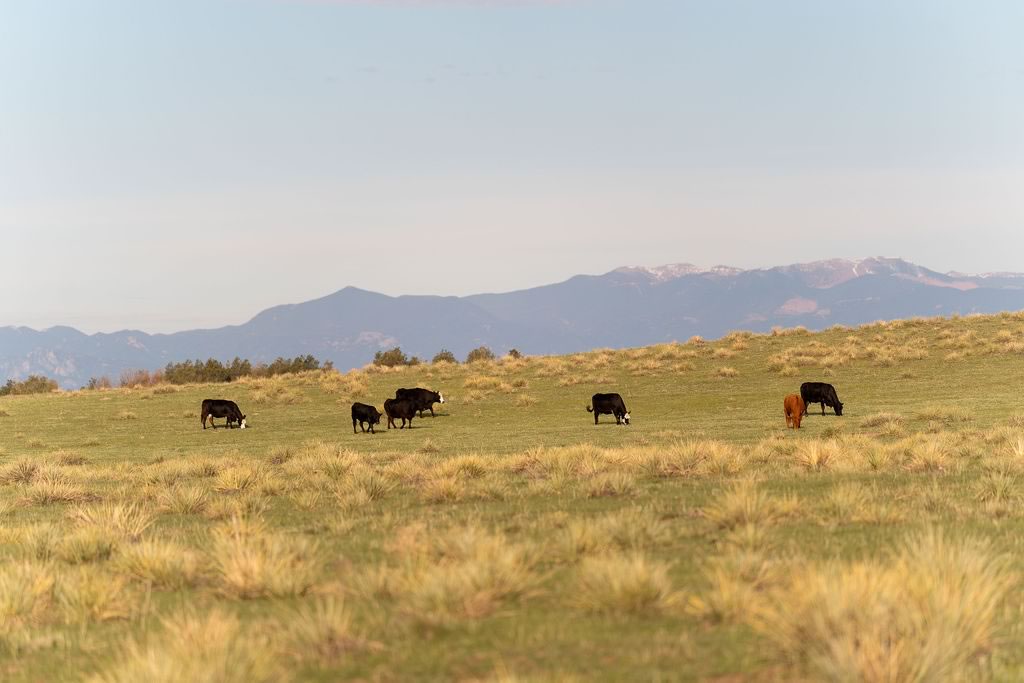Over the last year, life expectancy rose by two months. “Big deal!” you say. Yes, I know it doesn’t seem like much time on a personal level, but let’s look at it over the long term. The average life expectancy has now reached 77.9 years.If it continues to rise at two months per year, then every six years human life expectancy increases by one year. So, when my great-nephew, who was born this year, reaches 30, the average person will be living to 82.9 years. By time he reaches 60, it will be 87.9 years.Furthermore, and here’s the real rub: Today, if you make it to that 77.9 years, your chances of celebrating your 90th birthday are very, very, good. Why? Because that average comes from calculating all those deaths from childhood diseases, accidents, and cancers; a very crude but true way of putting it is, “all the chaff has been weeded out.” Those reaching the average age of 77.9 usually have very good genes, and a lifestyle that will let them live many more years.Science magazine recently reported life expectancy should be able to keep increasing, but there is a limiting factor that science has not been able to overcome, yet. It seems very few people can break the 115-year barrier. In fact, after extensive research, digging into historic records and confirming, or in most cases debunking, claims of people who say they are over 115, they have only found six people throughout history who have surpassed that age. (No, the claims of 900 year-olds in the Bible aren’t authenticated.)It seems if you make it to 114, your chance of living to place 115 candles on your cake are infinitesimally small. And the limiting factor is not your heart, lungs, kidneys, or liver, it is a very large organ, your skin! That’s right. After 114 years, human skin becomes so thin that it can no longer contain all those things it has encapsulated throughout your lifetime. So, yes, it takes a thick-skinned person to live a long and healthy life.But what does all this mean to Social Security? Well, unless we start increasing retirement age to match the same rate life expectancy increases, my great nephew, and all the other people his age, will have to work extremely hard to support all of us, even if science never overcomes the skin barrier. However, given the fact they solved many problems that killed people in the past; they may also come up with a way to deal with thin skin. So, if we are going to be a responsible society, we need to rethink the present retirement age.Let’s face it, many people reach age 85, and the current social security plan was not designed to support them. When Roosevelt came out with his “New Deal,” people were dying before age 67, so the system was designed to support the elderly for two to five years, not 20, 25, or even 30 plus years; but that is what is occurring today.Given the facts, isn’t it time for a change?Kathy HareFalcon






